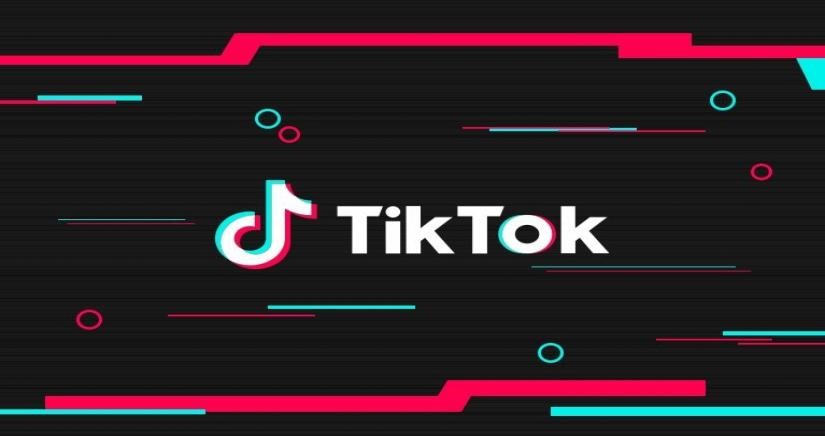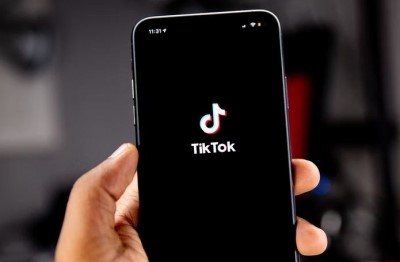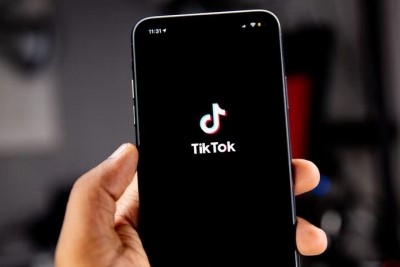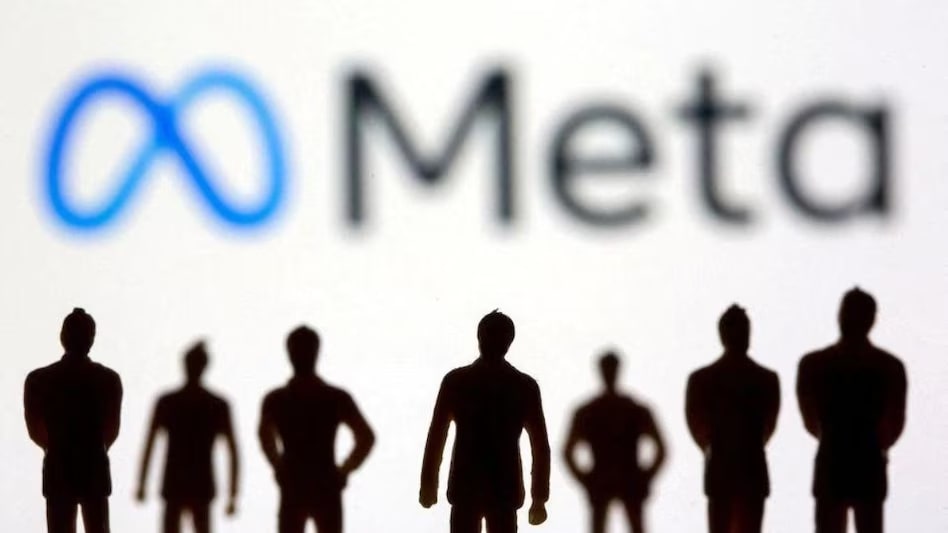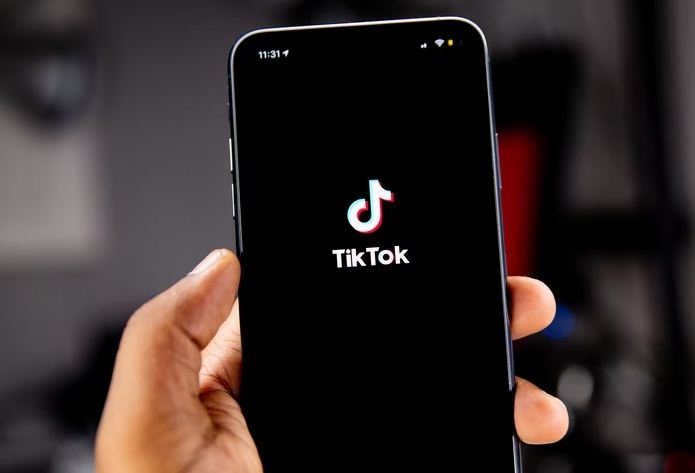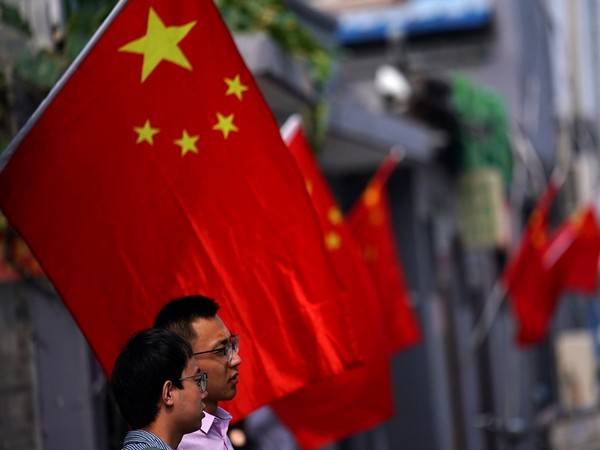The bill, passed by a vote of 352-65, now goes to the Senate, where its prospects are unclear…reports Asian Lite News
The House on Wednesday passed a bill that would lead to a nationwide ban of the popular video app TikTok if its China-based owner doesn’t sell its stake, as lawmakers acted on concerns that the company’s current ownership structure is a national security threat.
The bill, passed by a vote of 352-65, now goes to the Senate, where its prospects are unclear.
TikTok, which has more than 170 million American users, is a wholly-owned subsidiary of Chinese technology firm ByteDance Ltd.
The lawmakers contend that ByteDance is beholden to the Chinese government, which could demand access to the data of TikTok’s consumers in the U.S. whenever it wants. The worry stems from a set of Chinese national security laws that compel organizations to assist with intelligence gathering.
Most teens report feeling happy or peaceful when they go without smartphones, Pew survey finds
“We have given TikTok a clear choice,” said Rep. Cathy McMorris Rodgers, R-Wash. “Separate from your parent company ByteDance, which is beholden to the CCP (the Chinese Communist Party), and remain operational in the United States, or side with the CCP and face the consequences. The choice is TikTok’s.”
House passage of the bill is only the first step. The Senate would also need to pass the measure for it to become law, and lawmakers in that chamber indicated it would undergo a thorough review. Senate Majority Leader Chuck Schumer, D-N.Y., said he’ll have to consult with relevant committee chairs to determine the bill’s path.
The House vote is the latest example of increased tensions between China and the U.S. By targeting TikTok, lawmakers are tackling what they see as a grave threat to America’s national security — but also singling out a platform popular with millions of people, many of whom skew younger, just months before an election.
In a video posted on Wednesday evening, TikTok CEO Shou Zi Chew said that the company has invested to keep user data safe and the TikTok platform free from outside manipulation. If passed, he said the bill would give more power to a handful of other social companies.
“We will not stop fighting and advocating for you. We will continue to do all we can, including exercising our legal rights, to protect this amazing platform that we have built with you,” Chew said in his message to the app’s users.
In anticipation of the vote, a Chinese foreign ministry spokesman, Wang Wenbin, accused Washington of resorting to political tools when U.S. businesses fail to compete. He said the effort would disrupt normal business operations and undermine investor confidence “and will eventually backfire on the U.S. itself.”
Overall, 197 Republican lawmakers voted for the measure and 15 against. On the Democratic side, 155 voted for the bill and 50 against.
Some Republican opponents of the bill said the U.S. should warn consumers if there are data privacy and propaganda concerns, but the final choice should be left with consumers.
“The answer to authoritarianism is not more authoritarianism,” said Rep. Tom McClintock, R-Calif. “The answer to CCP-style propaganda is not CCP-style oppression. Let us slow down before we blunder down this very steep and slippery slope.”
“We have a national security obligation to prevent America’s most strategic adversary from being so involved in our lives.”
Democrats also warned of the impact a ban would have on users in the U.S., including entrepreneurs and business owners. One of the no votes came from Rep. Jim Himes, the ranking Democratic member of the House Intelligence Committee.
“One of the key differences between us and those adversaries is the fact that they shut down newspapers, broadcast stations, and social media platforms. We do not,” Himes said. “We trust our citizens to be worthy of their democracy. We do not trust our government to decide what information they may or may not see.”
The day before the House vote, top national security officials in the Biden administration held a closed-door briefing with lawmakers to discuss TikTok and the national security implications. Lawmakers are balancing those security concerns against a desire not to limit free speech online.
“What we’ve tried to do here is be very thoughtful and deliberate about the need to force a divestiture of TikTok without granting any authority to the executive branch to regulate content or go after any American company,” said Rep. Mike Gallagher, the bill’s author, as he emerged from the briefing.
“Not a single thing that we heard in today’s classified briefing was unique to TikTok. It was things that happen on every single social media platform.”
TikTok has long denied that it could be used as a tool of the Chinese government. The company has said it has never shared U.S. user data with Chinese authorities and won’t do so if it is asked. To date, the U.S. government also has not provided evidence that shows TikTok shared such information with Chinese authorities.
Republican leaders moved quickly to bring up the bill after its introduction last week by Gallagher and Rep. Raja Krishnamoorthi, D-Ill. A House committee approved the legislation unanimously, on a 50-0 vote, even after their offices were inundated with calls from TikTok users demanding they drop the effort. Some offices even shut off their phones because of the onslaught. Supporters of the bill said the effort backfired.
ALSO READ: TikTok Ban: US Follows India’s Lead

